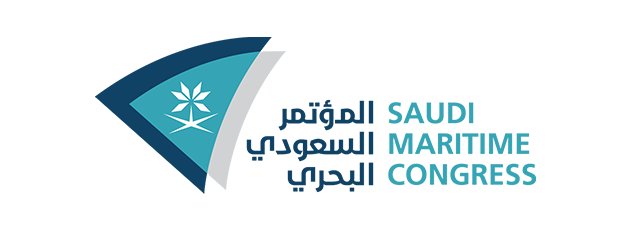Seatrade Maritime: What do you see as the biggest opportunities in the maritime sector in Saudi Arabia?
Essam M. Alammari: The Kingdom is a proud maritime nation, with ambitious goals for its maritime sector development. Saudi Arabia’s ability to leverage our strategic location will always be one of our biggest opportunities. To do this, the Kingdom has invested in port development, with three of the Kingdom’s ports – Jeddah Islamic, King Abdullah and King Abdul Aziz Ports all listed in the top 100 ports in the world. Improving our logistic capabilities through port development, efficiency and supply chain resilience to achieve Vision2030 is critical for the Kingdom. Smart ports are another focus for the Kingdom as we drive for increased efficiency with low emission fuels, while providing sustainable jobs, opportunities for private sector investment and the development of multi-purpose terminals. The third opportunity would be how KSA can leverage its knowledge, experience and production of low emission fuels in the future and bunkering infrastructure to ensure KSA is situated as a leading global bunkering hub in the future.
SM: Where do you see the maritime sector of the KSA in 5 years?
EA: The maritime industry is a core focus of Saudi Arabia’s Vision 2030, and this is supported through projects such as the Global Supply Chain Resilience Initiative, which aims to attract strategic supply chains to the Kingdom, while also strengthening regional and global supply chains, and the National Industrial Development and Logistics Program, which has added five new shipping lines to the Kingdom's ports.
However, there will be more to the Saudi maritime sector than logistics; the Kingdom is investing in transformative projects along the Saudi Red Sea Coast, creating a future tourist destination that balances sustainability and environmental protection with luxury maritime and coastal leisure activities. I am looking forward to welcoming people to my country, who may never have previously considered visiting, so they can witness the beauty of our coastline and the biodiversity in our waters. Ensuring maritime sustainability in the Kingdom which can balance environmental protection with blue economic growth will be a key objective of Saudi maritime development.
SM: What are some of the biggest areas of collaboration between the KSA and the wider maritime industry?
EA: Saudi Arabia places great importance on industry and international collaboration in its maritime sector. I have recently successfully concluded my four-year term as the Kingdom’s first Permanent Representative to the International Maritime Organization (IMO), after securing Saudi Arabia’s election to the IMO Council.
As a former seafarer myself, I was proud to be able to promote the importance of seafarer training, safety and welfare. The Kingdom supports seafarer training at the World Maritime University in Sweden, and the International Maw Institute in Malta, as well as in the Kingdom’s 6 accredited maritime education institutions. Saudi Arabia also places significant importance on supporting women in the industry, and indeed my successor to the role of IMO Permanent Representative, Ms Hayat Al Yabis, is one of the first female Permanent Representatives from the Arab region. In my opinion, there is no better way to support and collaborate with the maritime industry than by ensuring those who work in it are prepared for the challenges that lie ahead.
Saudi Arabia's commitment to international collaboration in the maritime domain isn't just rhetoric; it's backed by solid action.
SM: You are on the Energy Transition and the Strategy for Sustainability panel at Saudi Maritime Congress. Why did you decide to be part of the event?
EA: I was honoured to be asked to speak that the Saudi Maritime Congress. It is a fantastic event that showcases Saudi Arabia’s maritime achievements and ambitions to thousands of visitors. This event brings together experts from across the maritime industry, so personally, I relish the opportunity to get a better understanding of how industry leaders around the world are adapting to make the most of opportunities and overcome challenges, and of course to try and get their predictions for future trends in the maritime sector. Understanding this expertise is crucial for Saudi's maritime future development.
I would love everyone who attends this year’s Congress to leave with a greater understanding of how Saudi Arabia is breaking innovation boundaries in the maritime sector.
Saudi Maritime Congress will take place from 20 to 21 September 2023 in Dammam, KSA.
Eng. Essam M. Alammari will be joining other panellists for the 'Energy Transition and the Strategy for Sustainability in the KSA and GCC' panel session on Day 2 of the event.
Copyright © 2024. All rights reserved. Seatrade, a trading name of Informa Markets (UK) Limited.
Add Seatrade Maritime News to your Google News feed.  |



